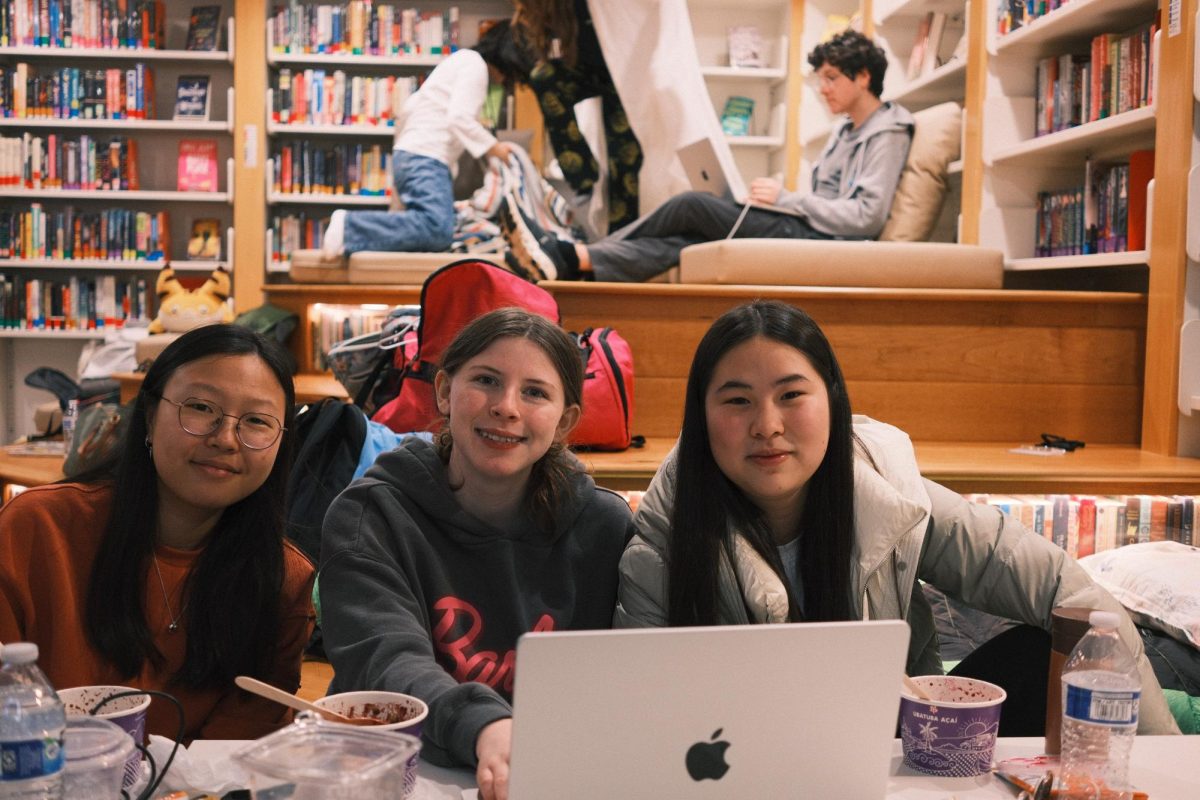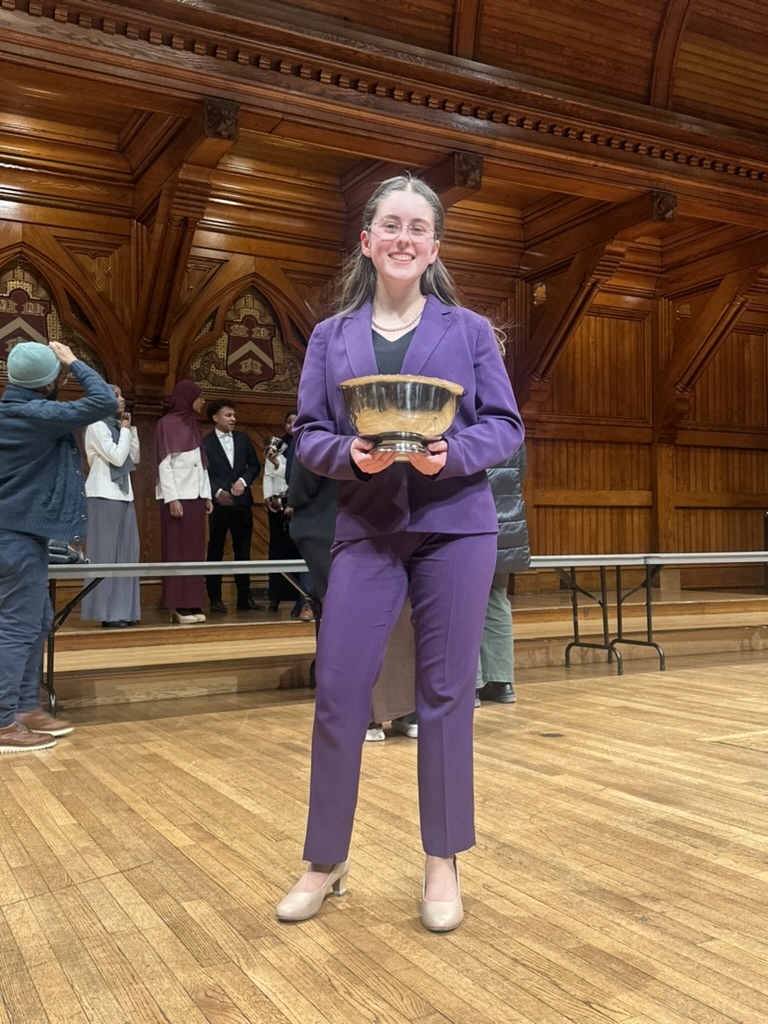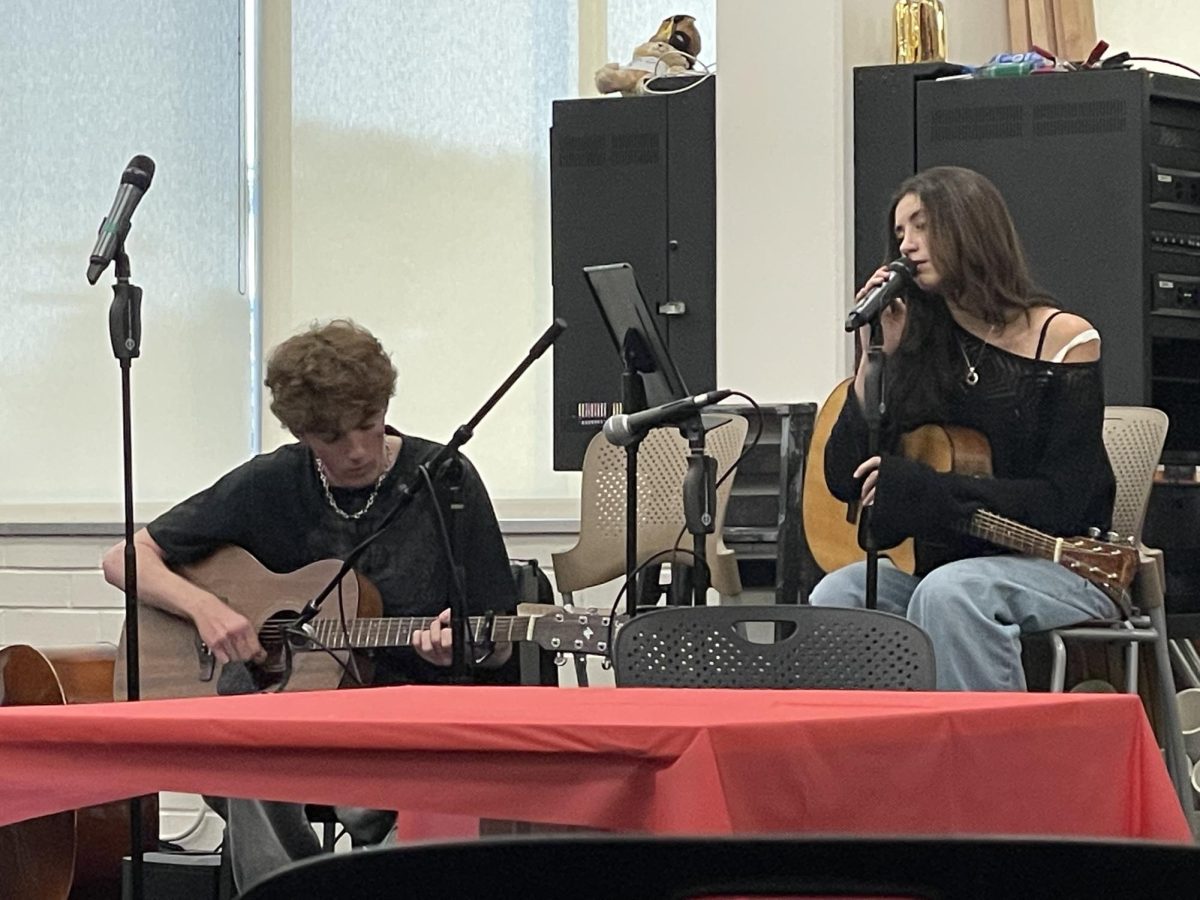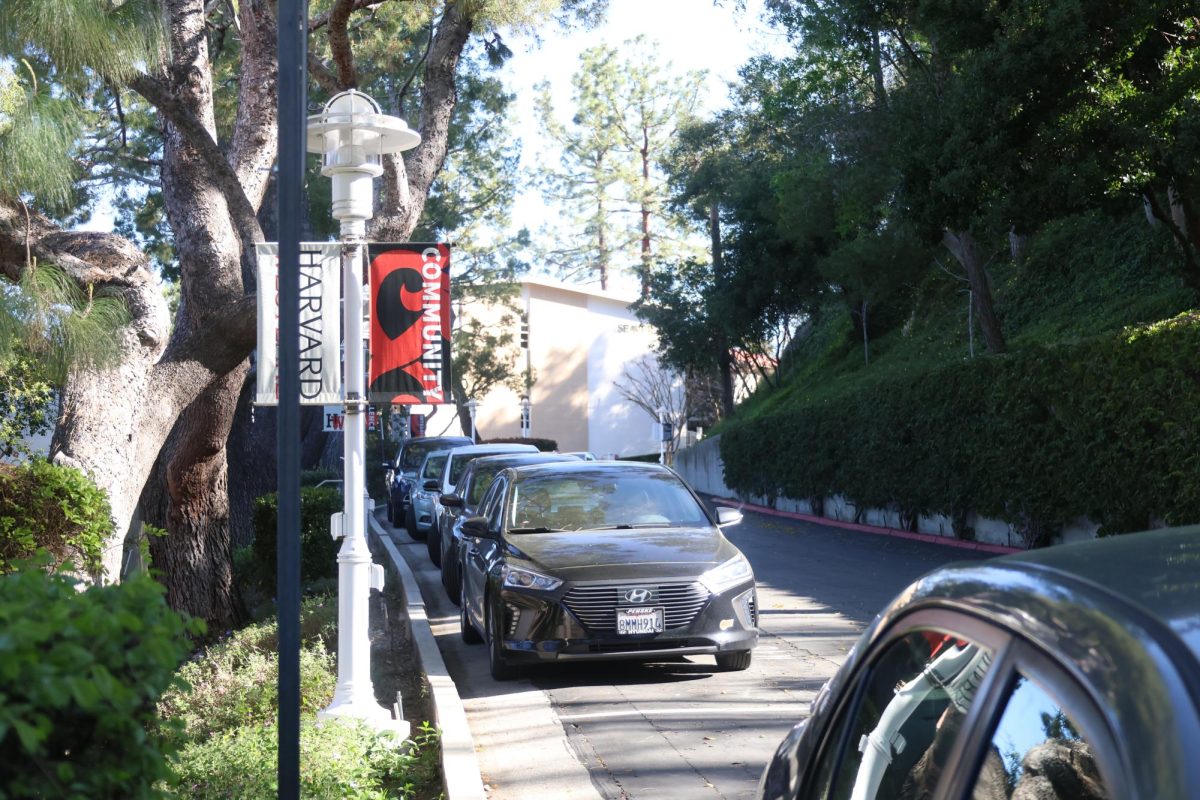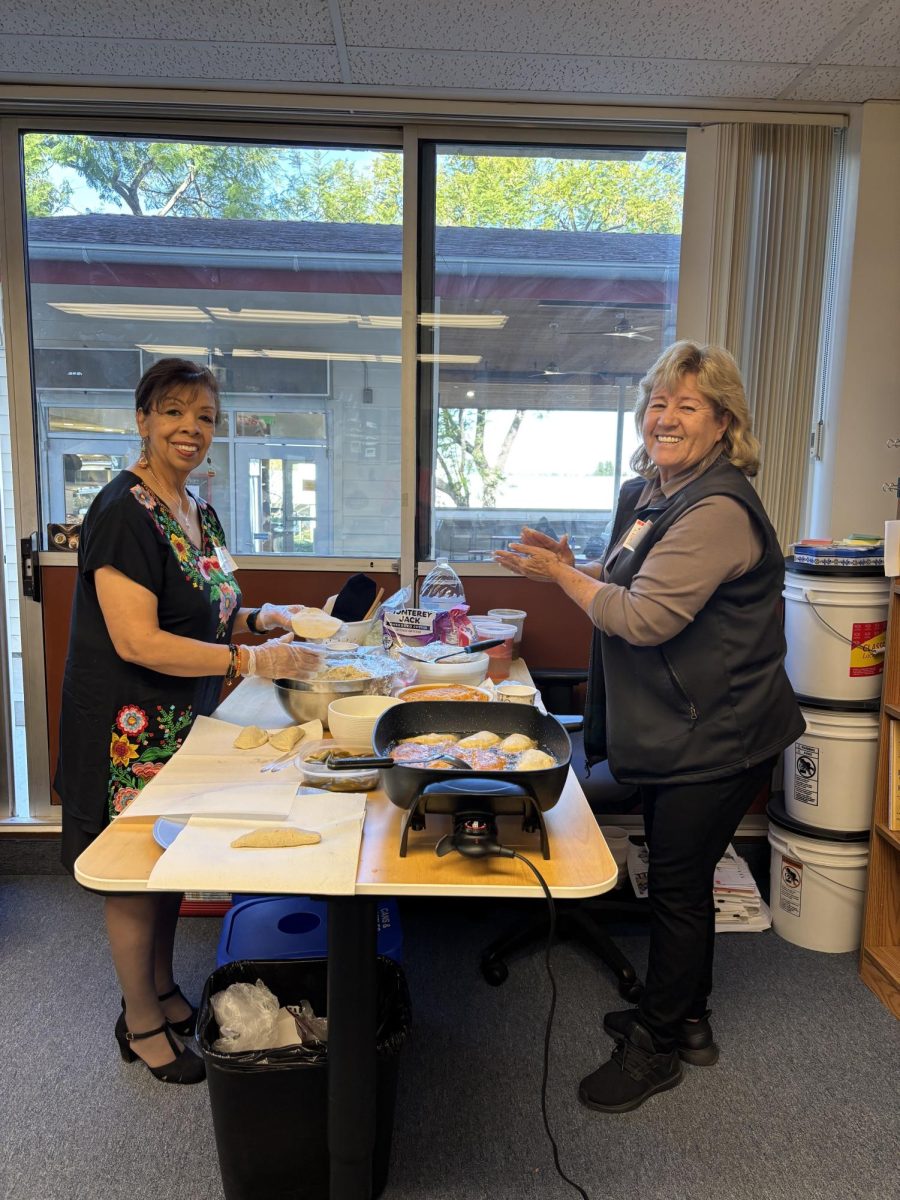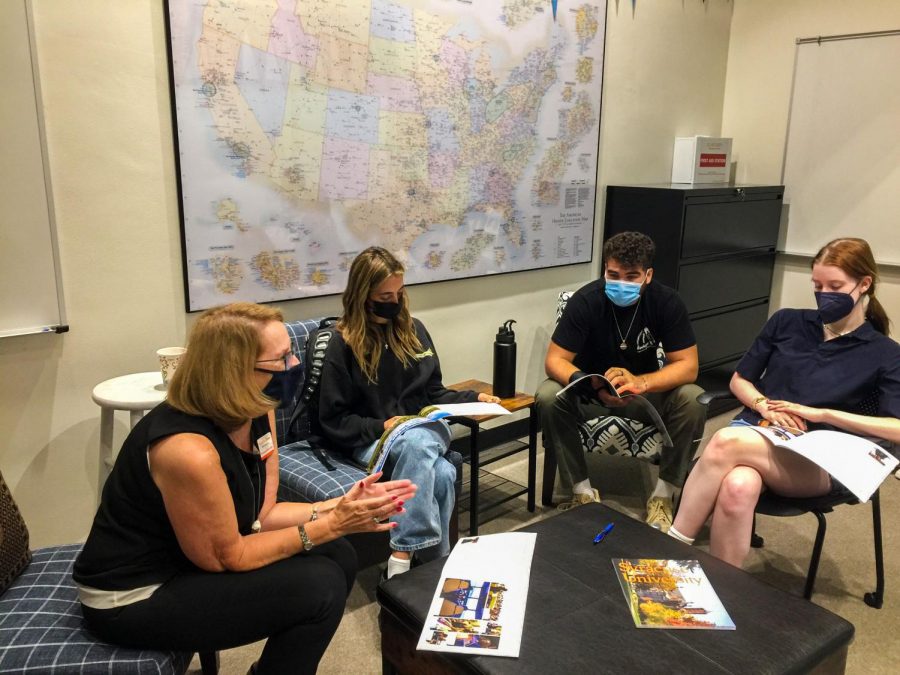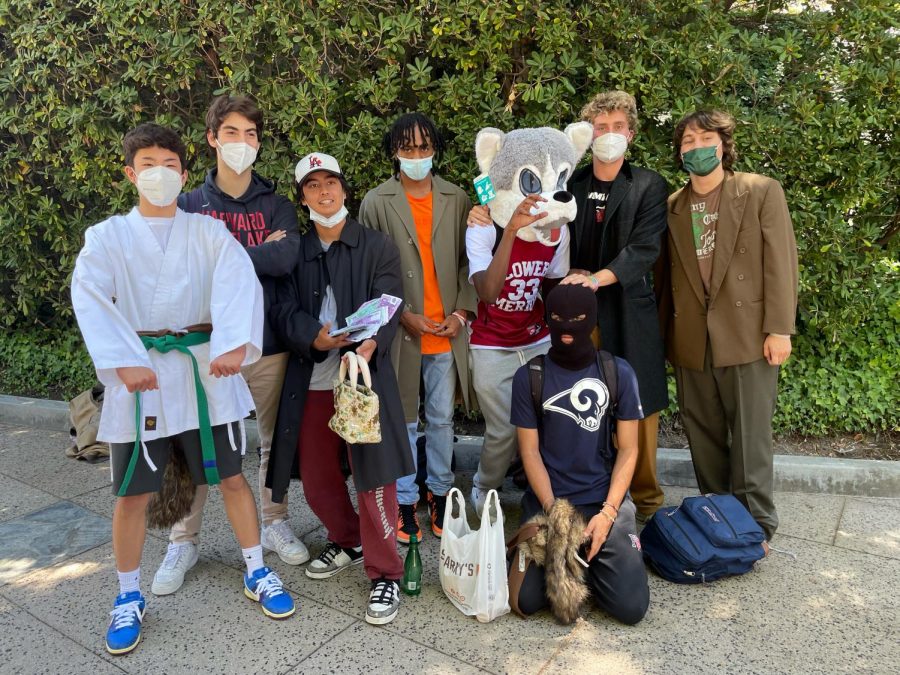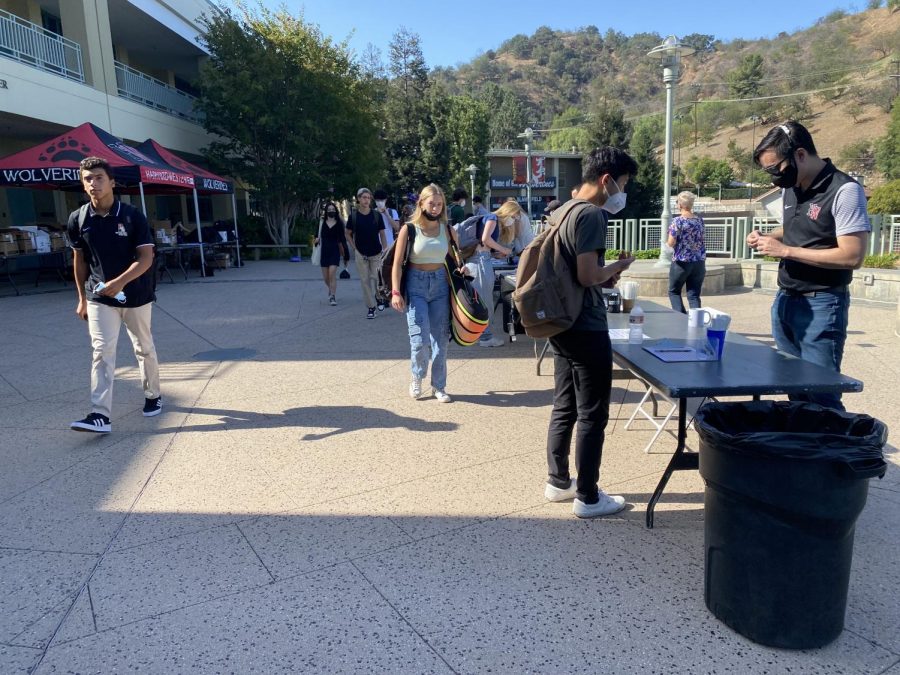Following over a year of research on how students are gendered within the school, an ad-hoc committee, including middle and upper school deans, teachers and faculty, created a list of 16 to 18 recommendations in an effort to provide more inclusive opportunities on campus. The committee presented their suggestions to school administrators and departments heads, who will decide whether to enact new policies, Coordinator of Diversity, Equity and Inclusion and science teacher Nate Cardin said.
“We were basically trying to guide but not push [the school] in a certain direction,” Cardin said. “We didn’t go in with an objective of ‘this is what has to happen.’ We just went in saying that no one really has taken the time to look at all of these things in a very thoughtful manner, so let’s take the time to do that now and see what comes up.”
Cardin said that he and Director of DEI Janine Jones co-led the discussion within the committee.
Over the course of the past year, each committee member studied a different gendered activity or gender-specific award which excluded trans and non-binary people, Cardin said. Members presented their findings at four separate meetings and created the final recommendations list.
One of the recommendations suggested that Prefect Council should no longer uphold traditional rules that require equal numbers of male and female members. Previously, students voted for their top female and male candidates separately.
“I’m proud of Prefect Council and our advisors for [considering] something that has not been done before,” Prefect Caroline Cook ’19 said. “I’m not sure that new gender policies will change the dynamic of the council too much because we are a diverse group already, but I do think they [would] change the dynamic of the elections. I’m excited that students will have the opportunity to vote for their student leaders as individuals rather than the ‘best girls’ or the ‘best boys’ out of the pool of candidates.”
When discussing this recommendation, however, Cardin said that the committee also contemplated its possible consequences.
“By completely taking away any gender restrictions, we were worried that all the boys would get elected and no girls, or all the boys and no other genders,” Cardin said. “That’s not what we want either because we want all kinds of representation, so I think that we are working on developing a policy that is going to kind of bridge that gap. So maybe where we would have a certain number of boy and girl prefects, but then a certain number of prefects that could be any gender. Then, we would just see from year to year how that balance plays out.”
Another recommendation suggested that faculty members, especially those in the English department, should collectively accept and honor the use of the singular ‘they’ pronoun to describe people who are ungendered or do not identify as either male or female, Cardin said.
“I think there is an old way of thinking,” English teacher Lucas Gonzales said. “In fact, I can remember one of my [college] professors saying we shouldn’t use ‘they’ as a singular pronoun. But the question is, ‘Why not?’ If people’s identities change, and the way that we express who we are changes, shouldn’t language also change? And I think that language is also changing, so it just makes sense that we need to update ourselves.”
While the committee will not require policy changes, Cardin said he hopes that the committee’s work will help enhance the school’s image of diversity and inclusivity in the future.
“I would love it if Harvard-Westlake was known as the school where, if you’re trans or non-binary you are welcome, there are ways for you to be included and that is the go-to school for you,” Cardin said. “How cool would it be, in a city as diverse and rich as LA, that we could be a top school for lots of types of people, including trans and non-binary, where they know they will be accepted, where they will be valued and where they know they will be wanted? They know that they and their families will be included in our community.”

